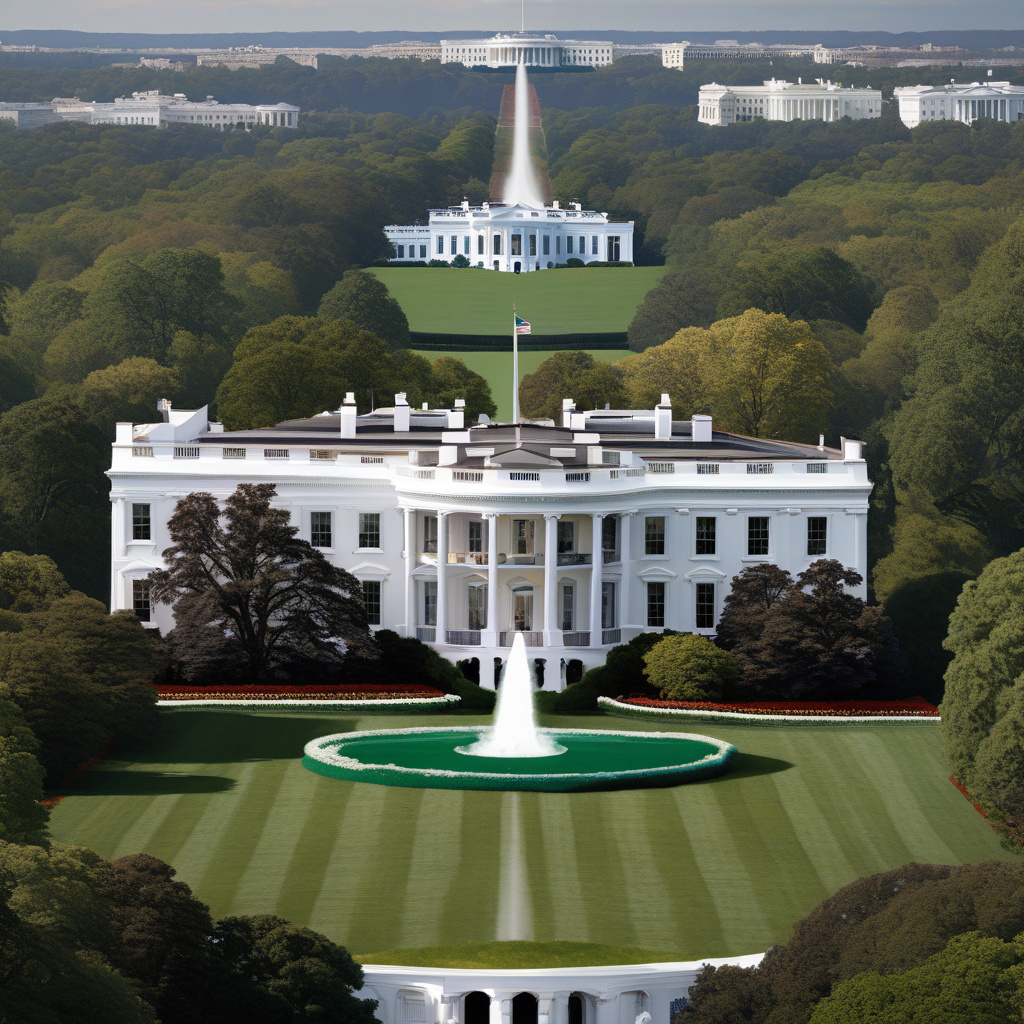The recent clash between the US and the EU over punitive fines imposed on tech giants Apple and Meta has sparked a fiery debate across the Atlantic. The White House has condemned these fines as “economic extortion,” escalating tensions between the two economic powerhouses.
Europe’s fines of €500 million against Apple and €200 million against Meta have raised eyebrows, especially considering the backdrop of ongoing trade negotiations and tariff threats. The White House perceives these penalties as targeted attacks on successful American companies, hinting at a broader agenda that may hinder innovation and trade relations.
While the European Commission defends its actions as fair and impartial, critics argue that the Digital Markets Act (DMA) is strategically crafted to curtail the dominance of US tech firms. This perception has fueled skepticism and prompted the US administration to warn of potential retaliatory measures in response to what it views as unjust penalties.
As the dispute unfolds, it underscores the complex interplay between regulatory frameworks, economic interests, and global competitiveness. The repercussions of this conflict extend beyond individual companies to impact international trade dynamics and diplomatic relations.
Looking ahead, the uncertainty surrounding the future trajectory of US-EU relations underscores the need for constructive dialogue and diplomatic engagement. The outcome of legal appeals by Apple and Meta will likely shape the next chapter in this transatlantic saga, with implications for businesses, consumers, and policymakers on both sides of the Atlantic.
In navigating this turbulent terrain, finding common ground and fostering mutual understanding will be essential to charting a path forward that upholds fairness, innovation, and economic prosperity for all stakeholders involved.
As developments continue to unfold, staying informed and engaged with the evolving dynamics of this dispute will be crucial for industry professionals and observers seeking insights into the intersection of technology, regulation, and international relations in the digital age.

